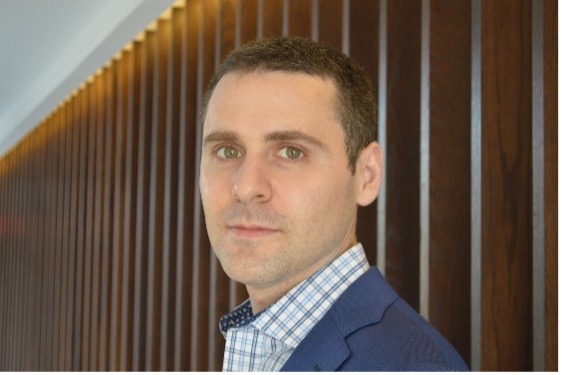【喜庆二十大・学术讲座】2023年5月15日(周一)13:30-15:00 Jun Rentschler & Jason Russ(the World Bank)
讲座系列:“双碳”战略与绿色经济第2场(学科发展系列讲座总期第29场)
讲座人:Jun Rentschler & Jason Russ(Senior Economists, the World Bank)
时间:2023年5月15日(周一)13:30-15:00
地点:博学楼1222
主持人:董康银(国际经济贸易学院能源与低碳经济学系副教授、副主任)
旷纯 (金融学院金融学系讲师)
讲座题目:Detox Development: Repurposing Environmentally Harmful Subsidies
讲座摘要:The seminar will highlight the key findings of the World Bank’s upcoming flagship report “Detox Development: Repurposing Environmentally Harmful Subsidies.” The report presents new evidence on the destructive impact of subsidies for fossil fuels, agriculture, and fisheries on the quality of air, land, and oceans – all of which are critical for human health and the global economy.
Fossil fuels subsidies are a key driver of air pollution, which leads to 7 million premature deaths each year. The report estimates that subsidy reform could reduce air pollution and save up to 360,000 lives by 2035 in 25 high-pollution, high-subsidy countries. Subsidy reform could also reduce the incentives to use polluting fuels and promote cleaner alternatives- thus supporting green growth. Fossil fuel subsidy reform would also yield substantial pro-poor distributional benefits, as rich households are estimated to lose 13 times more from reforms than poor ones.
Agricultural subsidies also tend to benefit wealthier farmers, and incentivize excessive fertilizer use, which suppresses agricultural productivity, degrades soils and waterways, and damages peoples’ health. Subsidies are often intended to increase productivity in the sector, but can have the opposite effect, distorting decisions and reducing total factor productivity. Subsidy reform could reduce excessive fertilizer use and pressures on deforestation, reducing vector-transmitted diseases, while having positive impacts on crop production.
讲座人简介:Jun Rentschler is a Senior Economist at the World Bank’ Chief Economist Office for Sustainable Development, working at the intersection of climate change and sustainable resilient development. Prior, he served as an Economic Adviser at the German Foreign Ministry, as an Economist at the European Bank for Reconstruction and Development (EBRD), and led economic research with Grameen Bank in Bangladesh and the Partners for Financial Stability Program by USAID in Poland. He is a Visiting Fellow at the Payne Institute for Public Policy, and holds a PhD in Economics from University College London (UCL), specializing in development, climate, and energy.
Jason Russ is a Senior Economist in the Office of the Chief Economist of the Sustainable Development Practice at the World Bank. His professional interests center on using econometrics and data analytics to diagnose development challenges, and quantify the economic and social impacts of environmental externalities. His tenure at the World Bank includes five years in the Water Global Practice where he helped to develop and coordinate the analytical work program of the Economics Global Solutions Group, including authoring many of its global flagship reports. He has authored numerous publications in academic journals largely related to environmental and development economics. He holds a Ph.D. in Economics from George Washington University.

Rentschler

Russ
扫一扫分享本页